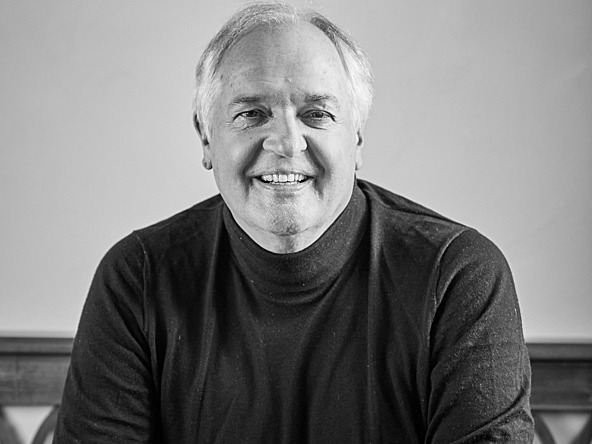Research sector should ensure ‘transparency’ of political & business leaders

Polman (pictured above), who held the post of chief executive at Unilever for a decade between 2009 and 2019, was speaking in a keynote interview at the MRS Impact 2022 conference conducted by Babita Earle, executive vice-president of global enterprise partnerships at Zappi.
Polman, described by the Financial Times as the “standout CEO of the past decade”, described Russian president Putin’s regime as “evil”. He added that the private sector had a moral obligation to help out in Ukraine.
Polman now campaigns for company bosses to fight inequality and tackle the climate emergency. He co-authored the book Net Positive, detailing how business can only profit in the modern age by fixing world problems and giving back to society.
Polman decried what he said were the loss of human values over the past few years across the world. He accused business leaders of signing pledges because it was “flavour of the month” and political leaders of “playing with the truth” and “disregarding science”.
He urged the insights profession to step up to the plate to hold these leaders to account. “Market research has to play an important role. Not only in uncovering the latent needs that people have, or anticipating what needs to happen before these issues emerge, but also in ensuring that we continue to have transparency in the realities that we’re facing in this world. And that we are fact-based in the decisions we take.”
The former CEO hit out at political leaders for failing. He blamed them for not fixing underlying issues, leading to populist, nationalist and xenophobic leaders being elected by a dissatisfied electorate, citing the “outright tragedy” of Brexit as an example.
On Putin’s invasion of Ukraine, he said companies were right to pull out of Russia in response to the invasion.“That’s the right thing to do. We need to have a strong sign to that regime.”
EU economies import hundreds of millions of pounds worth of coal, oil and gas from Russia every day. But Polman said Russia’s invasion of Ukraine underscored the way that Western nations must “accelerate the transformation to green economies”.
Under Polman’s helm, Unilever had the lofty vision of decoupling its growth from its environmental footprint and growing its positive social impact through Unilever’s Sustainable Living Plan.
He said that those leaders who are purpose-driven would be the ones that gained trust. “Leaders who instil a high level of humanity, operate with empathy, compassion, are strongly purpose-driven, understand the power of partnership, think multi-generational, these are the leaders that instil trust,” he observed.
Asked who his personal heroes were, he said the “real heroes” are not celebrated figures but those “on the ground” who were volunteering in Ukraine or doctors who risked Ebola when helping out in west Africa.
He also urged firms to become more socially and environmentally responsible. “Most companies are in a CSR mode of being less bad. But frankly, when the world is in such a precarious state, less bad is simply not good enough anymore.
“I used to murder 10 people, now I only murder five people. Am I a better murderer? It just doesn’t work.”

We hope you enjoyed this article.
Research Live is published by MRS.
The Market Research Society (MRS) exists to promote and protect the research sector, showcasing how research delivers impact for businesses and government.
Members of MRS enjoy many benefits including tailoured policy guidance, discounts on training and conferences, and access to member-only content.
For example, there's an archive of winning case studies from over a decade of MRS Awards.
Find out more about the benefits of joining MRS here.













0 Comments